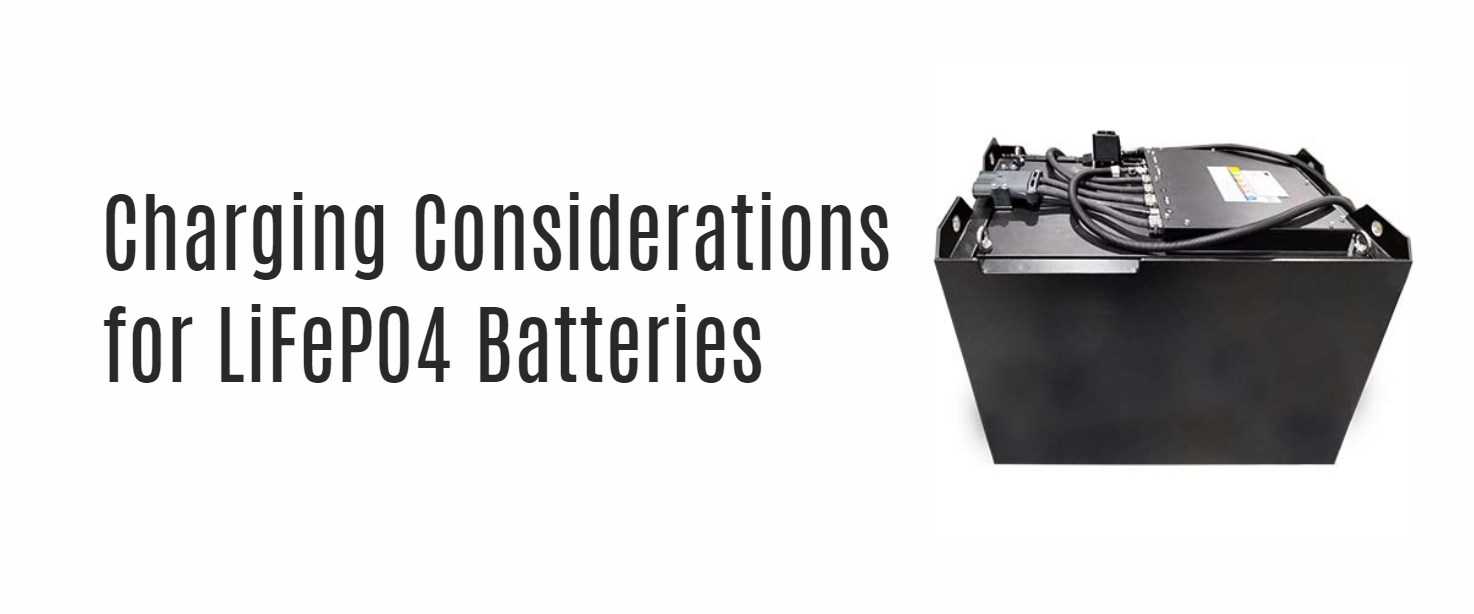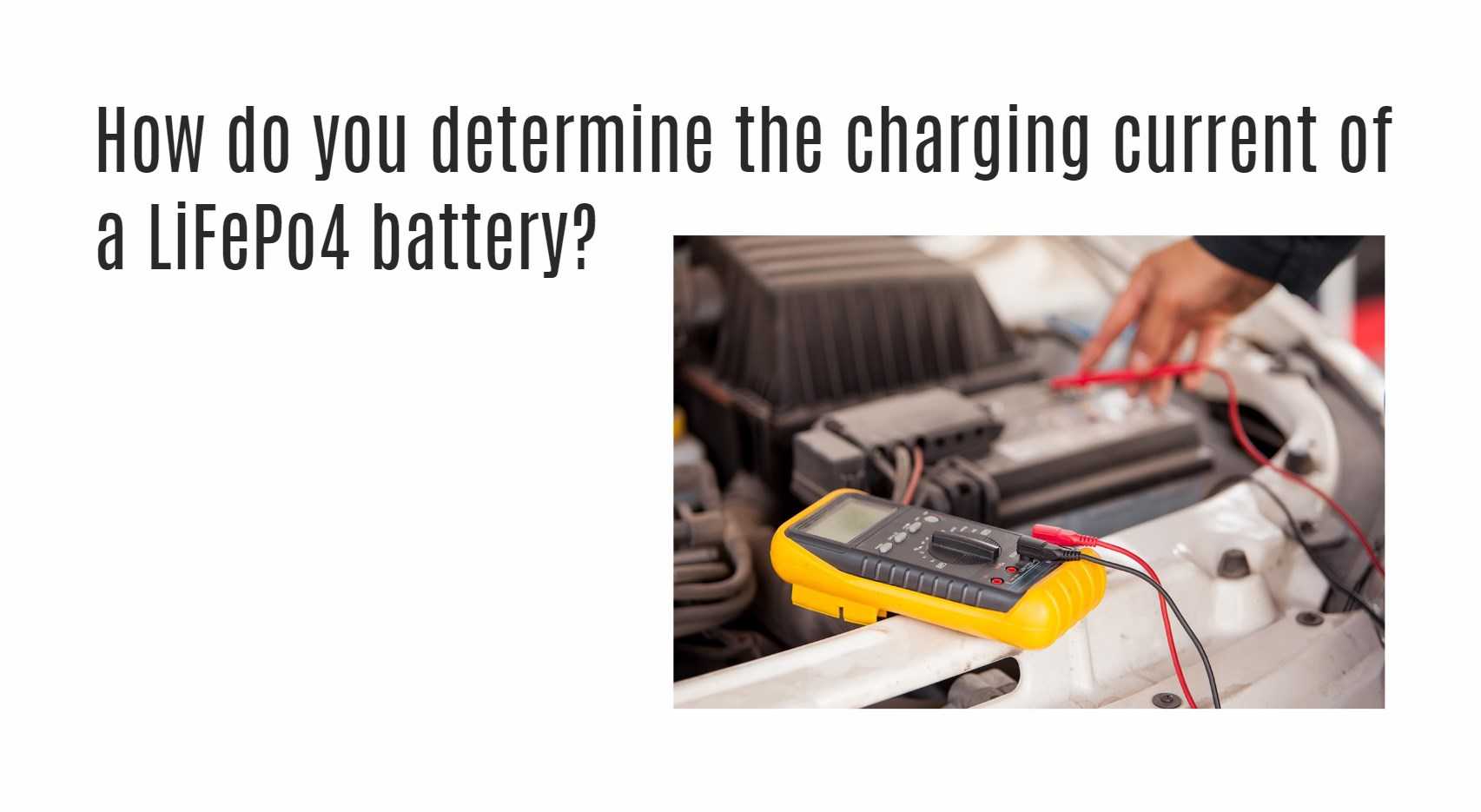We are deeply committed to helping you efficiently charge your lithium iron phosphate (LiFePO4) batteries, ensuring they deliver peak performance and a long service life. LiFePO4 batteries provide a range of benefits over traditional sealed lead acid (SLA) batteries, such as enhanced life cycles, stable power output, and lighter weight. This comprehensive guide offers insights into the charging process of LiFePO4 batteries, equipping you with the knowledge needed to boost their efficiency and extend their lifespan.
Understanding LiFePO4 Battery Chemistry
LiFePO4 batteries feature a chemistry that facilitates quicker charging times compared to SLA batteries. They can manage higher charge rates without the risk of damage that SLA batteries face if their charging profiles are not strictly followed. Additionally, LiFePO4 batteries do not necessitate a float charge during storage, unlike SLA batteries.
Charging Profiles: LiFePO4 vs. SLA
Stage 1: Constant Current
The first phase of charging applies a constant current to the battery. LiFePO4 batteries are capable of accepting higher charging currents, often between 30% to 100% of their capacity rating, which significantly cuts down the time required for charging compared to the lower currents (10%-30%) used for SLA batteries.
Stage 2: Constant Voltage
After reaching a specific voltage threshold, the charger shifts to a constant voltage mode to complete the charging process. LiFePO4 batteries tend to charge more rapidly in this stage, often finishing Stage 2 much quicker than SLA batteries.
Stage 3: Float Charge (SLA Only)
In contrast to SLA batteries, LiFePO4 batteries do not require a float charge to maintain their capacity when in storage. They can be safely stored at around 50% State of Charge (SOC) to prevent capacity loss.
Charging Considerations for LiFePO4 Batteries
Voltage and Current Settings
Selecting a charger that aligns with the voltage requirements of LiFePO4 batteries is vital (usually below 15V during the constant voltage phase). Chargers intended for SLA batteries may not be compatible and could cause damage to LiFePO4 batteries due to different charging demands.
Recommended Chargers
Picking the appropriate charger is key to achieving the best performance from your batteries. Chargers specifically designed for LiFePO4 batteries, such as the LiFe Charger Series, are engineered to provide the exact currents and voltages needed for the safe and efficient charging of LiFePO4 batteries.

Conclusion
In conclusion, mastering the art of charging LiFePO4 batteries involves understanding their unique chemistry and charging profiles. By following the guidelines outlined in this article, you can ensure that your LiFePO4 batteries perform optimally, providing reliable power and longevity for your applications. For further inquiries or assistance in selecting the right charger for your LiFePO4 batteries, do not hesitate to contact [Your Company Name]. We are here to help you optimize your battery charging experience.




